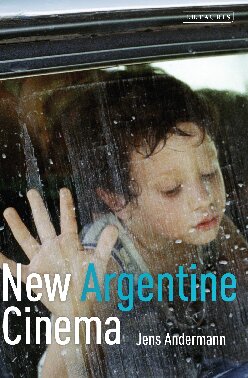

Most ebook files are in PDF format, so you can easily read them using various software such as Foxit Reader or directly on the Google Chrome browser.
Some ebook files are released by publishers in other formats such as .awz, .mobi, .epub, .fb2, etc. You may need to install specific software to read these formats on mobile/PC, such as Calibre.
Please read the tutorial at this link: https://ebookbell.com/faq
We offer FREE conversion to the popular formats you request; however, this may take some time. Therefore, right after payment, please email us, and we will try to provide the service as quickly as possible.
For some exceptional file formats or broken links (if any), please refrain from opening any disputes. Instead, email us first, and we will try to assist within a maximum of 6 hours.
EbookBell Team

4.1
40 reviewsJens Andermann shows how the most recent wave of films differs markedly from the Argentine cinema of the preceding decade, following the end of the dictatorship in 1983. Studying films by Lisandro Alonso, Albertina Carri, Lucrecia Martel, Raul Perrone, Martin Rejtman, and Pablo Trapero, among others, he identifies a shift in aesthetic sensibilities between these directors and those of the previous generation as well as a profound change in the way films are being made, and their relation to the audiovisual field at large.
In combining close comparative analyses with a review of the changing models of production, editing, actorship, and location, Andermann uncovers the ways in which Argentine films have managed to construct a complex, multilayered account of their own present, as shot through - or 'perforated' - by the still unresolved legacies of the past.